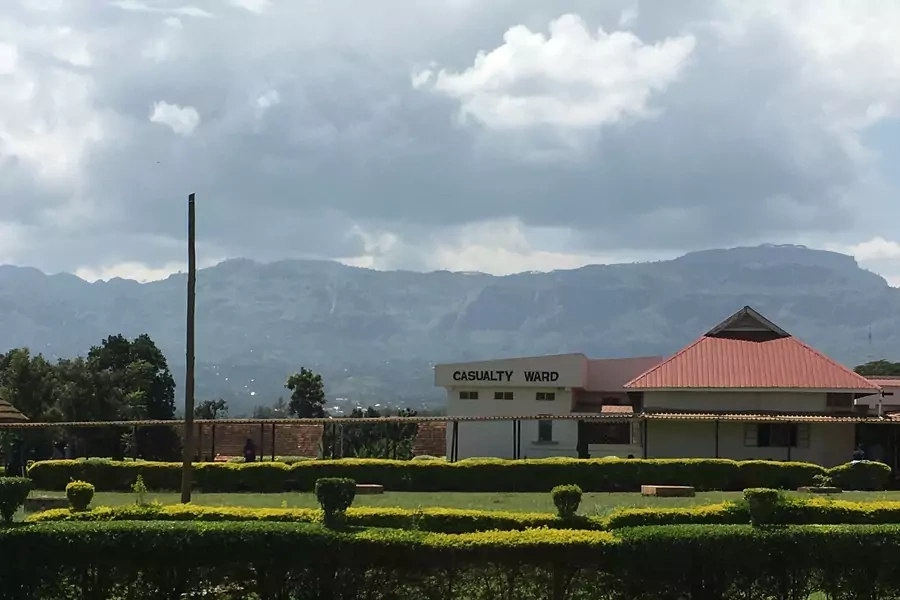Good Governance, Better Healthcare for Uganda

Travis Bias, DO, MPH, DTM&H, is a family medicine physician in California and former visiting lecturer at Kabarak University and Busitema University Faculty of Health Sciences. He blogs at The Global Table.
Fred Bisso, MMed, MBCHb, is an otorhinolaryngology consultant at the Mbale Regional Referral Hospital, part-time lecturer at the Busitema University Faculty of Health Sciences, and the immediate past president of the Uganda Medical Association.
More on:
Healthcare in Uganda, as well as in many other low-income countries, fails to meet the basic needs of its population. A lack of essential medications, supplies, and nurses are the more obvious causes of inadequate healthcare delivery. Less visible, but perhaps more fundamental, is the problem of leadership: the medical officer on staff at the regional hospital who does not show up for work, and the effects this has on support staff. Leadership failures including poor supervision, limited human resources planning, low or delayed wages, and difficult working conditions result in such absenteeism.
Consider also the effect this absent medical officer has on impressionable medical students learning in that facility in which the faculty is already stretched thin. The students are demoralized by the noticeable increase in preventable deaths and the lack of adequate mentorship. As a result, newly graduated doctors commonly seek work or further study outside Uganda, never to return. The sequelae of poor leadership percolate down to trainees and the cycle of shortages of healthcare workers continues. We have witnessed this as physician educators and practitioners in East Africa.
While only one of six essential building blocks of any healthcare system, improving leadership amongst senior Ministry of Health (MOH) officials is paramount. Improvement would produce a ripple effect throughout the public health sector, creating positive incentives for recruitment and retention in areas where health workers are most needed. Inspiring nurses and medical staff to commit to quality healthcare delivery and retaining Ugandan medical students once they graduate requires a culture of accountability at the top, both at the local hospital level and within the MOH.
Elections often do not result in meaningful changes of leadership in many countries, including Uganda. Accordingly, medical professionals have taken to the streets to have their voices heard. Medical officer interns went on strike across Uganda in mid-2016 in response to a rushed MOH plan that would have substantially changed the educational path to becoming a doctor. More recently, doctors in Kenya went on strike in early 2017. It was only after the imprisonment of the medical society leadership and three months of many avoidable deaths in hospitals throughout the country that these professionals and the MOH agreed to resolve the crisis. Failure of policymakers to effectively engage with those they lead was arguably the primary cause of this unrest.
The President of Uganda is aiming for his country to achieve lower-middle income status by 2020. It is in all of our interests for Uganda to reach this benchmark in order to strengthen our collective global health and improve the lives of many Ugandans. Uganda, however, is being held back by its own leadership failures, which push medical professionals away from practicing in Uganda. Without adequate human resources for health to direct and dispense its existing healthcare resources, the Ugandan health system will go nowhere.
More on:
 Online Store
Online Store